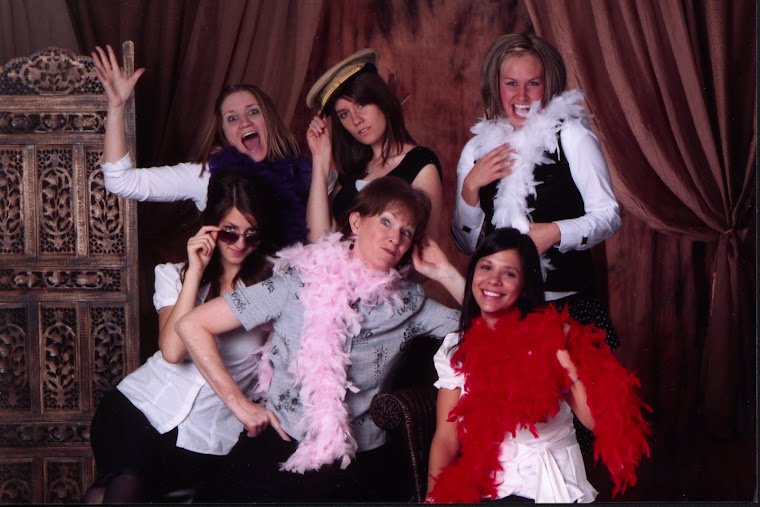I got a few questions online that seemed rather interesting...
1.Who was your favorite character? Why?
I loved Minny for her attitude. Her point of view always made me smile. I probably enjoyed her the most.
For some reason, I also got a kick out of Celia. I know she isn't one of the main three but I would have liked to read her thoughts. I felt bad for her, but she seemed just so ridiculous. Her clothing, her cleaning and cooking skills... her life, it all seemed a little far fetched but she was treated horribly but the other women (because of Hilly) and felt bad for her.
Skeeter drove me crazy a lot of the time. I haven't quite figured out why. She was courageous in her efforts to change the southern ideal of racism. Her thoughts and ideas were her own and not Hilly's. I loved the toilet drive, it made me chuckle. I admire her for those things, but sometimes I just wanted to punch her for some reason.
2.. What do you think motivated Hilly? On the one hand she is terribly cruel to Aibileen and her own help, as well as to Skeeter once she realizes that she can’t control her. Yet she’s a wonderful mother. Do you think that one can be a good mother but, at the same time, a deeply flawed person?
I kind of think this is a silly questions, but I wanted to include it here. Everyone has flaws; some may have more than others. Reading about Hilly's love for her children made her human to me because everything else about her was awful. I was rather glad she had a redeeming quality. Hilly was motivated by power, in my opinion.
Just on a side note... It was scary to me to think that women have behaved like this and still do. A lot of the women in the book were fixed on the idea that "The Help" and other African Americans were simply inferior to them in every aspect (intellectually, behaviorally, spiritually, ect.). They really believed this. In their minds they weren't doing anything wrong because that's how it had always been. It made me think about things I do without even giving my actions a second thought.
Ben and I were talking last night about drinking alcohol and how it is not even considered wrong. At work I read patient histories and they mark how much alcohol they drink and 99% drink at least a few times a week and probably half of those drink daily (whether it is a beer, or a glass of wine, whatever). It makes me feel sad for those who don't have the gospel and feel it is normal to drink and then become addicted. Why put yourself at risk for something that could potentially ruin lives?
Obviously, racism and alcohol are two different things. I just thought it was scary to think that them women in this book really did not feel as if they were doing wrong. Some were able to see the faults of their society when the book was published.
Ok that is all for now. If anyone wants to answer those 2 questions you can comment. I always feel a little apprehensive about sharing my thought for some reason... so don't ridicule them tooooo much or I might be really self conscious. I love you all.
